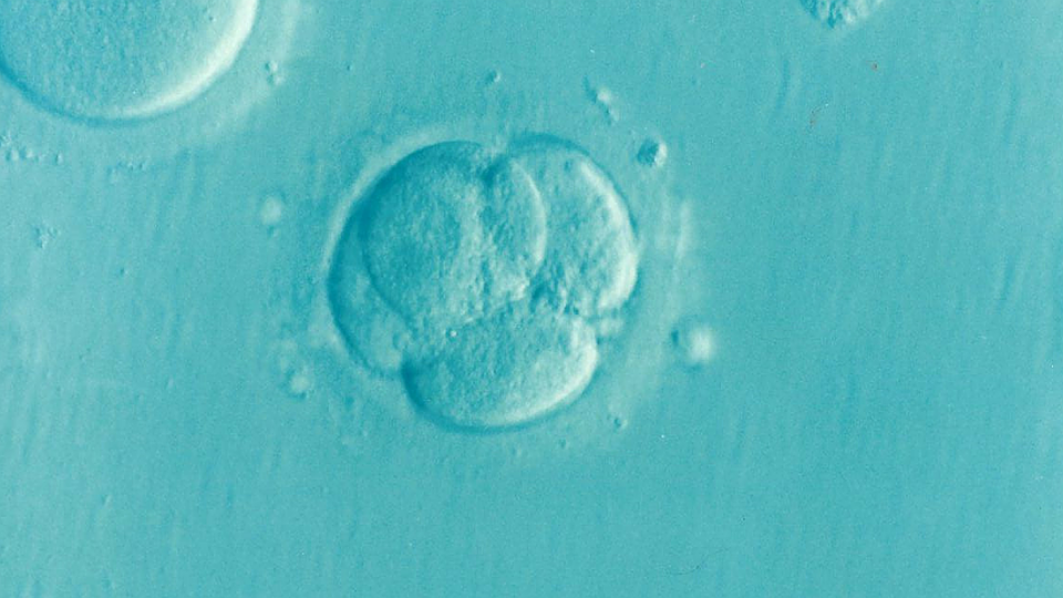A woman’s desire to have a child can often be all encompassing. For those that have struggled with fertility, the journey can produce feelings of grief, pain, depression and frustration. While some choose the route of adoption, those with financial flexibility often try IVF and surrogacy to hopefully create the child that they so desperately want. Unfortunately, like many things, there are some ethical questions that arise.
When it comes to fertility treatments in general, women suffer the most. The intended mothers have to go through rounds and rounds of hormonal treatments that can wreak havoc on their bodies. The women who donate their eggs are given drugs that can overstimulate their ovaries and possibly cause cancer, and some have even become infertile due to the treatments and procedures they undergo trying to donate their eggs so other women can have a baby. It is an unfortunate reality, but scientists are taking it one step further.
Since 2016, physicians have had the ability to utilize the DNA of two mothers and a father in order to create a baby. The procedure has only been completed three times. What they do is take the egg from the intended mother and strip out her mitochondrial DNA, with some slight editing if needed, and place her DNA within a donor egg that has been emptied of the donor woman’s DNA. The procedure was designed in part to protect a preborn baby from inheriting the mutated genes.
But that’s not what happened with a child recently born in Greece. Instead of using the procedure to remove problematic mitochondrial DNA that might cause the child to inherit a disease, it was instead used in order to help one couple overcome problems with infertility.
Ethicists have already raised problems with the situation. While it is understandable that this technique can be used to avoid transferring a disease that could been inherited from the mother, the use of this in order to treat infertility isn’t necessary.
“I’m concerned that there’s no proven need for the patient to have her genetic material removed from her eggs and transferred into the eggs of a donor,” Tim Child, Oxford University professor and medical director of the fertility partnership, said in a statement. “The risks of the technique aren’t entirely known, though may be considered acceptable if being used to treat mitochondrial disease, but not in this situation.”
But for the mother who desperately wanted her child, the sacrifice made in the pursuit of her goal was worth it. The new mother, who had a child from this procedure, said that she would like to thank the donor and tell her: “She is one of the many people that helped make me happy. I will never be able to forget her, even though I do not know her. I wish her all the best.”
One of the doctors who helped with the fertility treatments, Dr. Panagiotis Psathas, also said, “Today, for the first time in the world, a woman’s unalienable right to become a mother with her own genetic material became a reality.”
It is completely understandable that a woman wants to have a child, but the growing belief that any woman, man or couple has the “unalienable right” to a child is problematic. That could lead people to twist the ethical boundaries of medicine in the pursuit of their goal. Children and human lives should not become a commodity that can be bought and paid for by willing parents or individuals with deep bank accounts, but that is what the fertility industry thrives on.
From sperm donations to surrogacy, here are some of the problems that can develop within the fertility industry:
- A surrogate in California was pregnant with triplets and the intended father asked her to first selectively reduce the number of children through abortion because he could not afford three children. She refused. After the triplets were born, the surrogate eventually found out that the children were likely living in “deplorable conditions” with a lifelong bachelor who lived with his parents.
- A child talks about her life and success as a return on her mother’s investment in a particular sperm donor. “I’m glad I lived up to that (choice).”
- One young woman who went to a clinic to donate her eggs to help others ended up having a stroke due to complications from ovarian hyperstimulation syndrome, a result of the high-dose hormones that she was given in order to extract the egg donation.
Children are a wonderful gift from God, but it is dangerous to begin putting a price tag on the conception of a child and pushing for new technologies that put the health of women and babies at risk in order to achieve it. The child recently born in Greece might be healthy, but there is no guarantee of what the future holds because of the unnecessary use of relatively new and untested technology for no other purpose than fulfilling the desires of a woman determined to have a child.
For a couple struggling to conceive a child, a life line like what doctors in Greece and Spain offered might seem like a good idea. But parents should deeply consider the ethical implications of using fertility treatments that make reproduction a commodity and not a gift.
To learn more about the ethical and legal issues in surrogacy, you can learn more in our article: What’s Wrong with Surrogacy.
If you have questions about the ethics surrounding fertility treatments, you can read more information in an article on our website at Medical Options for Infertility.






